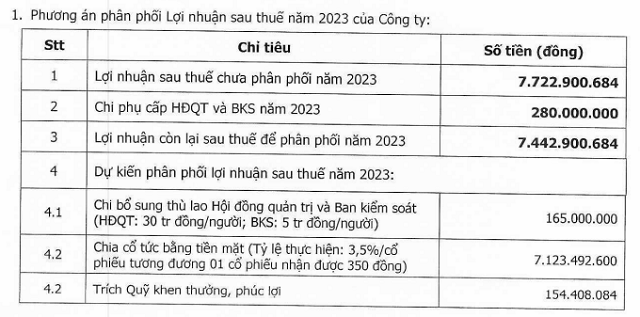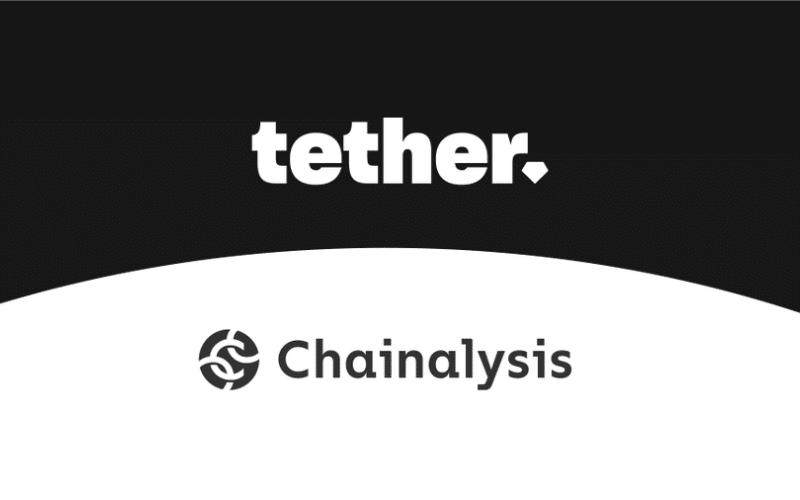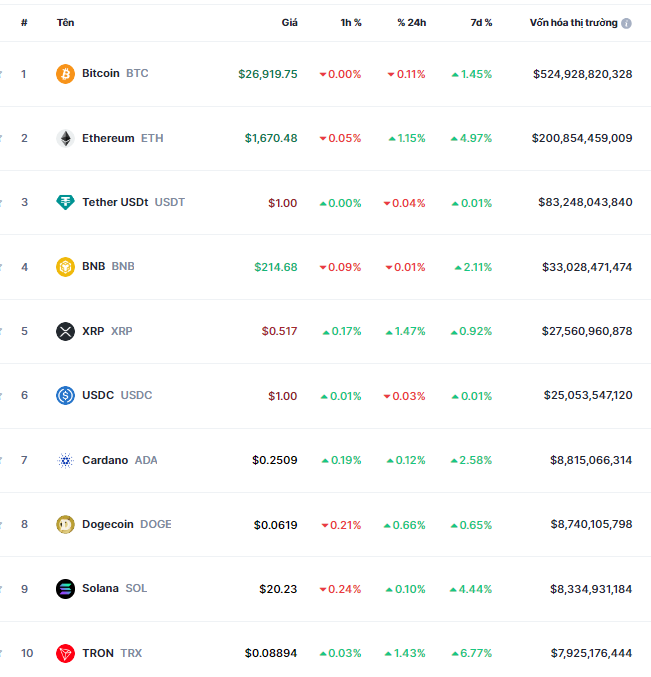With over 9,000 hectares and an annual production of over 90,000 tons, Dong Thap is currently the largest mango-growing area in the Mekong Delta. However, in the past, due to reliance on selling to traders, the value of mangoes was not fully realized, and farmers suffered from unstable income.
This scenario has gradually changed when the members of My Xuong Mango Cooperative (in My Xuong commune, Cao Lanh district, Dong Thap province) found a new way to sell their fruit online to customers nationwide using the “My Home Mango” model.
Accordingly, the mangoes selected for the “My Home Mango” model must meet certain criteria, such as: large, healthy trees located near main roads, standard farming methods, good hygiene conditions, high mango yields, and compliance with VietGap and Global Gap standards.
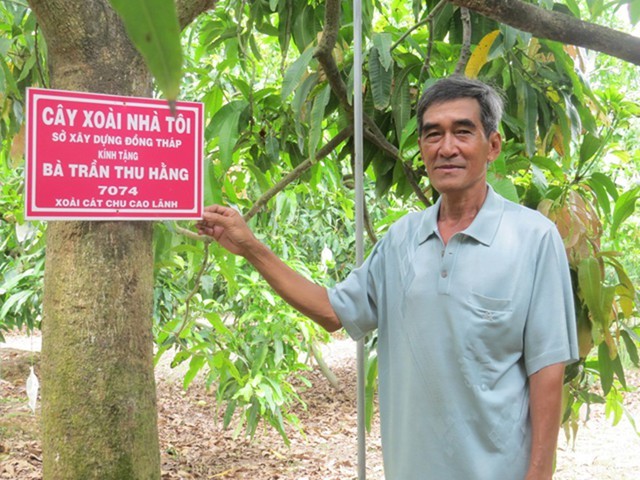
Each mango tree is equipped with a QR code, and participating farmers have their own database to manage all the mango trees in the program, including the farmer’s name, address, contact phone number, and specific information about each mango tree, such as variety, identification code, tree age, selling price, ownership duration, and mango images.
Furthermore, each mango tree is assigned a unique identification code through a QR code. Customers can easily access the website: https://nongsancaolanh.vn to select and purchase a mango tree that suits their preferences. Depending on the variety and age, each mango tree has a different selling price, with an average price of 4-7 million dong per tree. In particular, the Hoa Loc mango variety can reach a price of up to 10 million dong per tree.
Throughout the year, customers who purchase a mango tree will have full ownership of all the fruits on the tree (about 70 – 150 kg per harvest). The mangoes will be packaged and delivered to the customer’s doorstep. Additionally, mango tree owners can also visit or observe their trees remotely through updated images on the website. Thanks to this model, consumers can enjoy mangoes with full traceability and avoid buying low-quality fruits at high prices.
The “My Home Mango” model not only provides consumers with a safe and novel way to purchase mangoes but also helps farmers in the My Xuong Mango Cooperative increase their income and become less dependent on traders.
The “My Home Mango” model is just one of 50 typical digital transformation stories shared on “Lang So” – a platform that features stories of ordinary people who have used digital technology to solve daily life issues. “Lang So” is based on the speeches of the Minister of Information and Communications, Nguyen Manh Hung, and the practical experiences of individuals who have been directly involved in shaping strategies and implementing digital transformation at grassroots levels, village levels, and commune levels. It also combines the knowledge of many experts, managers, scientists, and entrepreneurs in Vietnam.
With the philosophy of “sharing is giving,” each shared story will inspire and motivate individuals within “Lang So” to take actions to change their own lives, their own families, and their own communities. From there, the intrinsic strength of “Lang So” will be formed, initially at a small scale but gradually expanding and developing at the district, provincial, and national levels.
In addition to sharing stories, “Lang So” also introduces about 30 “Make in Vietnam” digital platforms. Each platform aims to meet the needs of people’s daily lives. These platforms facilitate people’s access to services, amenities, and benefits brought by digital technology. Each individual, each village, based on their internal resources, culture, and local characteristics, can choose these platforms to build their own digital village.
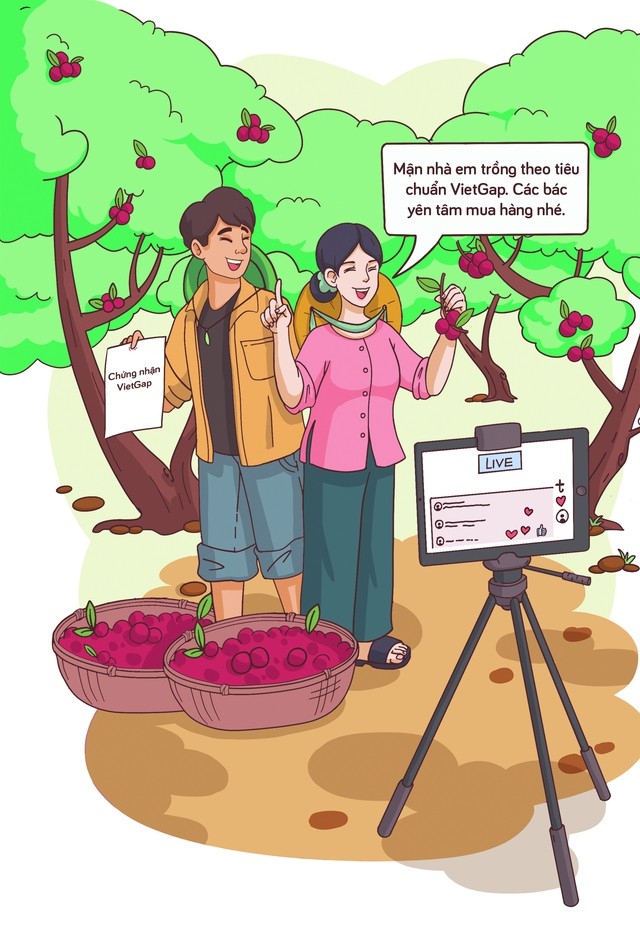
“Lang So” will be continuously updated each year to share more successful stories, as well as stories of failures and lessons learned from different localities. Currently, “Lang So” has an online version at: https://langso.dx.gov.vn and https://www.facebook.com/lang.so.mic



























